







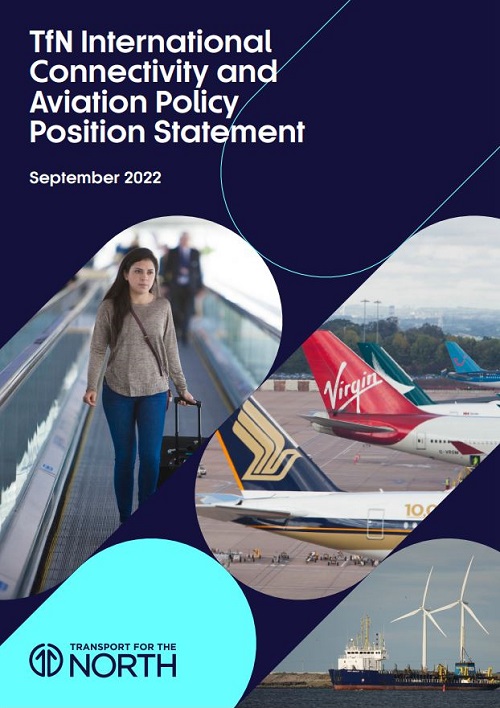
TfN’s position for international connectivity and aviation has been developed in the context of the impact of Covid-19, decarbonising transport, optimising the green economy, and increasing competitiveness and cohesion. It also ties in with several related TfN workstreams.

The aim of our Freight and Logistics strategy is to undertake an overarching analysis of freight requirements across road, rail, port and inland waterways in the Transport for the North (TfN) region, identify key constraints or challenges on the existing networks, and provide a list of possible areas of work including developing business cases for interventions and policy solutions that will best support economic growth and decarbonisation.
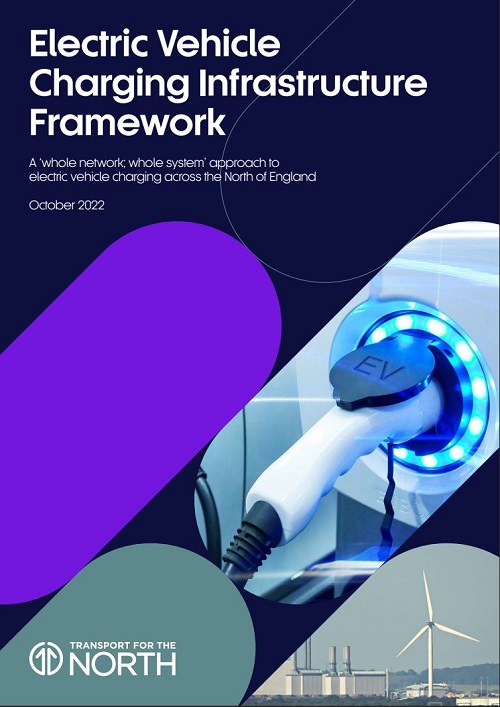
Our Electric Vehicle Charging Infrastructure framework has been developed to support local authority and national government partners in the planning and deployment of local EV charging infrastructure, to underpin any public sector funding, as well as to inform and enhance any delivery through partnership with the private sector.
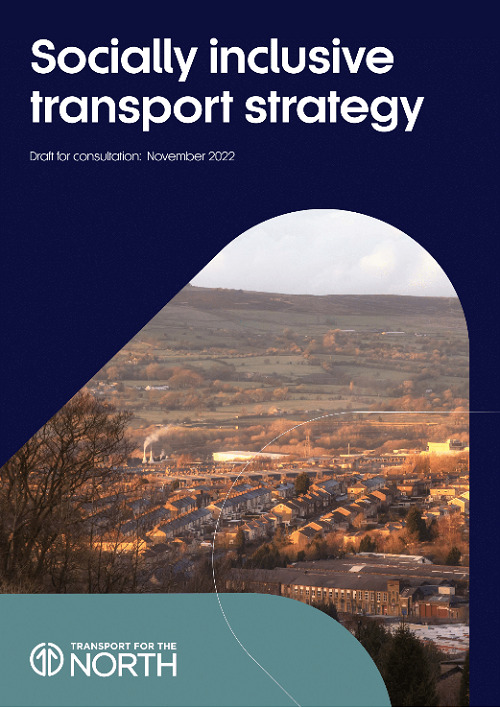
The Draft Socially Inclusive Transport Strategy sets out how Transport for the North will act to reduce transport-related social exclusion, how progress towards this aim will be monitored and measured, and the broader policy agenda necessary for significant process on this issue. Through Consultation, we are seeking your input in shaping in this strategy – ensuring it provides a comprehensive and realistic route to a transport system that delivers for all people and places in the North.
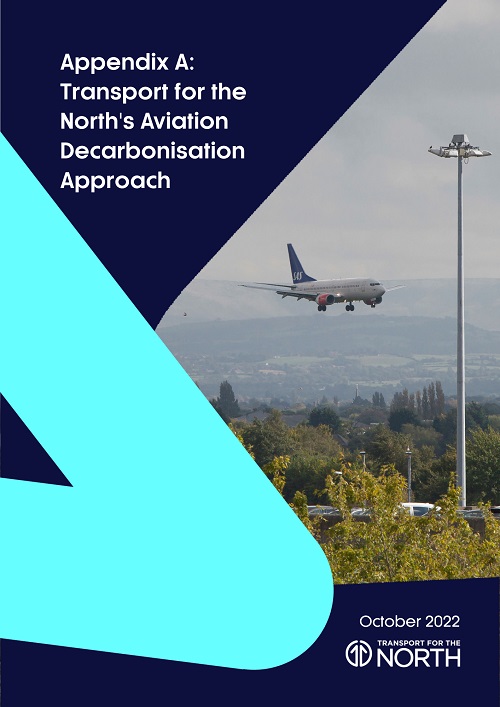
This appendix contains the full TfN position on aviation decarbonisation approaches, as summarised within the main policy position document. It contains the headlines, but also a more detailed breakdown of where TfN is supportive of the Government’s Jet Zero Strategy, where TfN supports the Government going further, and actions that can be taken at a regional/local level.
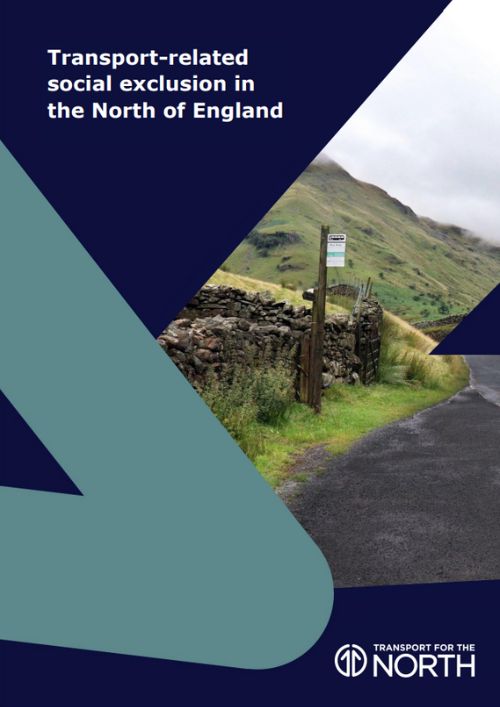
Transport for the North has undertaken research to understand how issues with the transport system in the North leads some people to be socially excluded.

The capability and capacity provided by TfN is greatly valued by its members and is seen as something that needs to be retained and nurtured. This Business Plan builds on those foundations and ensures that the new operating model is focused on supporting people, partners and businesses locally, regionally and nationally.
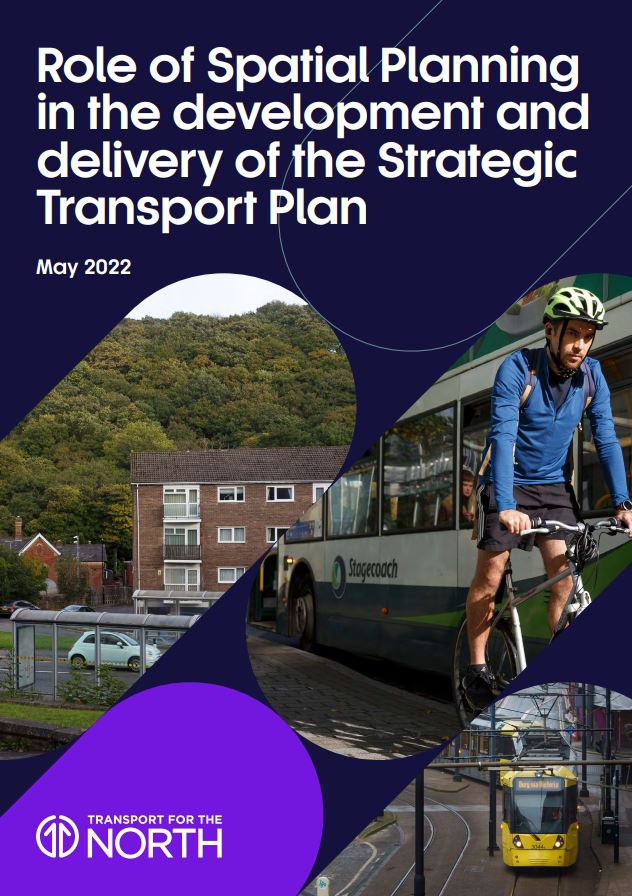
In developing our position on spatial planning, our objective is to support partners in adopting a place-based approach to the development of local plans and strategies, as well as informing the development planning process to consider TfN’s pan-Northern ambitions and facilitate cross-boundary collaboration.
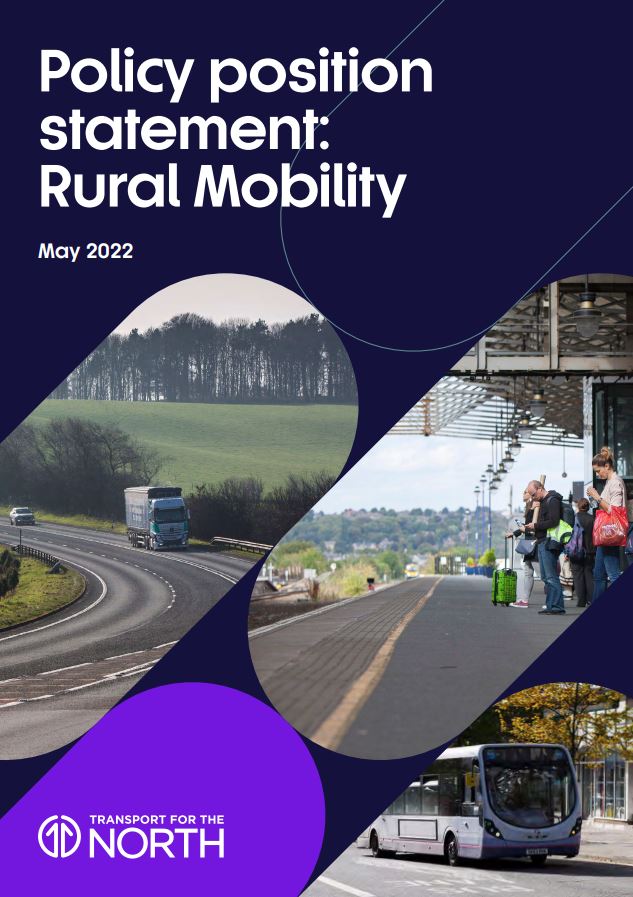
This policy position recognises there are different types of rural areas across the North, and identifies the need for a place-based and targeted approach for individual rural communities.